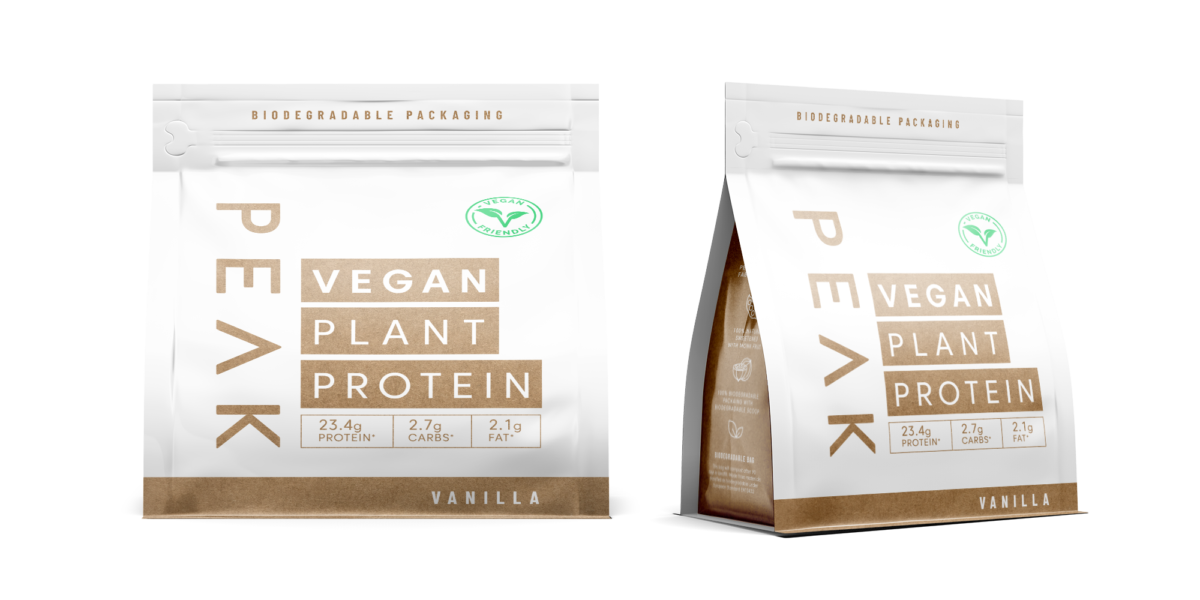Uncategorized
The Role of Vegan Protein in Vegetarian and Vegan Diets
In recent years, vegetarianism and veganism have become popular all over the world. While some people turn to vegetarianism or veganism because of ethical, environmental, and religious reasons, others choose to consume vegetarian or vegan food primarily because of the associated health benefits.
Studies have shown that being vegetarian or vegan can reduce the incidence of ischaemic heart disease, diabetes, cataracts, diverticular disease, and even some cancers.
However, it is worth noting that in order to meet daily nutritional requirements, vegetarians and vegans must prepare their diet reasonably by ensuring they consume a varied diet. For those who just started to practise vegetarianism or veganism, protein is the nutrient commonly neglected in these diets.
If you’re a vegetarian or vegan struggling to consume adequate amounts of protein, this is the guide for you. Here, we’ll talk about the importance of protein in general, the benefits of vegan protein, and your best sources for sufficient intake.
Why the body needs protein
From a very young age, we are told that proteins are the building blocks of life. All the cells in the human body comprise chains of amino acids, which, when combined, form proteins. These proteins make up the second-largest component of muscles and other tissues of the human body.
The body naturally produces 11 amino acids that are referred to as ‘non-essential’ because we can produce those on our own regardless of our diet. The other nine are called essential amino acids because we can only get those from the food we eat.
Protein not only helps support growth but also increases the body’s energy levels, builds strength, and repairs tears or damage in the tissues and muscles. It is also essential for enzyme production and in the formation of neurotransmitters, which, in turn, work continuously to keep all bodily systems functioning, including the brain.
Every second, the body loses and replaces around 2 million cells. So, with inadequate protein intake, the body won’t be able to produce new cells or repair damaged ones. In short, everyone needs protein to grow and thrive. But since vegetarians and vegans exclude meat from their diet, they are more prone to protein deficiency.
In truth, you can get amino acids from both plant and animal food sources, although there was once a popularly held notion that only animal protein like beef contained the 9 essential amino acids. These are histidine, lysine, threonine, methionine, isoleucine, leucine, valine, phenylalanine, and tryptophan.
The solution to the protein deficiency dilemma among vegans and vegetarians is vegan protein.
But what is vegan protein, and what health benefits does it provide?
Vegan protein — profile and health benefits
Vegan protein is any type of protein that is sourced exclusively from plant ingredients. It offers the following health benefits:
Better digestion
Plant protein sources like vegetables, legumes, nuts, seeds, and grains are full of healthy fibres that help improve the digestion and absorption processes. Fibre also enhances motility in the digestive system and helps reduce gassiness and bloating.
Boosts metabolism
The combined fibre and protein content helps slow down digestion. When this happens, the body uses more energy and burns more fat.
Reduce cholesterol levels: Aside from having a low cholesterol and saturated fat content, vegan protein also contains plenty of healthy plant sterols that can help reduce ‘bad’ LDL cholesterol in the body.
Vegan protein in powder form
Although many beans, seeds, and grains are rich in protein, you might want to consider plant based protein as an alternative source.
Plant based protein powder, like Peak Nutritionals’ Vegan Plant Protein, might be the simplest and most efficient choice to increase your daily protein and amino acid intake. If you’re short on time, especially for meal planning and cooking, vegan protein powder is the way to go.
Compared to whey protein, vegan protein powder has more micronutrients and fibre — which is understandable since its origin is plant-based.
What makes vegan protein powder by Peak Nutritionals so great?
Vegan Plant Protein is Peak Nutritionals’ recently introduced vegan protein powder offering the convenience vegetarians and vegans might be looking for.
It contains plant protein extracted from peas, brown rice, and broad beans, making it a great source for building muscles and hastening recovery after intense workouts. It has the pleasant, natural sweetness of monk fruit extract, plus the fresh and delicious flavour of vanilla.
Moreover, Peak Nutritionals’ Vegan Plant Protein offers the following benefits:
- Formulated with premium non-GMO, 100% natural ingredients
- Replenishes the muscles and keeps you feeling fuller for longer
- Sustains the body through any level of training
- Gluten and Lactose free for those with an intolerance
- Can be mixed with water or milk or added to smoothies
- Does not contain any artificial flavours or colouring
Peak Nutritionals’ Vegan Plant Protein powder makes daily protein supplementation easy and simple. Moreover, this protein powder is contained in Peak’s classic biodegradable packaging. It will
completely degraded after being in landfilled for 90 days, thereby helping minimise the damage to the environment.
So, if you’re looking for a vegan protein product that’s delicious, nutritious, and environmentally friendly, then Peak Nutritionals’ Vegan Plant Protein is the obvious choice.
Taste and feel the difference today!
